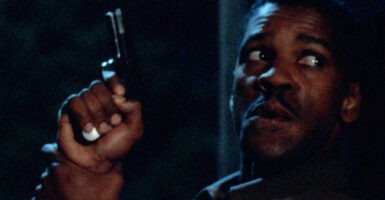Dwayne Johnson’s Black Adam Under Fire For Controversial Casting Choices
Black Adam, which will star Dwayne Johnson as the titular antihero, is under fire by Marvel director Mohammed Diab, for its Egyptian representation - or rather lack thereof.
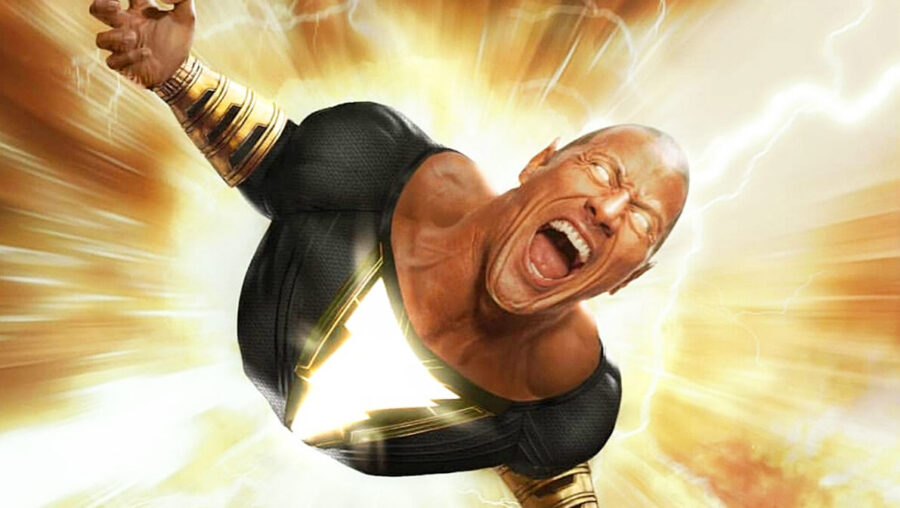
Representation matters. It’s a sentence heard over and over again especially in recent years as Hollywood has been called to move away from their continuously similar stories and casting processes to be more inclusive of minorities. The latest film getting the call out is the DC Extended Universe’s upcoming, Black Adam. The film, which will star Dwayne Johnson as the titular antihero, is under fire by Marvel director, Mohammed Diab, for its Egyptian representation – or rather lack thereof.
During an interview with The Direct, the filmmaker, who hails from Egypt, says the DCEU film could have done much more to include the culture it was pulling its story from. Most of his trouble came from the choice DC made to transport the story from Egypt and instead drop it in “a fictional middle eastern country,” something the director of Marvel’s Moon Knight believes was “an excuse” to hire non-Egyptians in roles. He does cut DC a little bit of slack as he acknowledges that the comics don’t technically mention Egypt either.
For Diab, though, Black Adam could have still been more representative of the country by surrounding all facets of production with those the film was representing. For example, in Moon Knight, Diab was sure to hire not only local actors, but also a creative team including “an editor, a costume designer, an art director, and a composer who are all Egyptian” in hopes of bringing more inclusivity to his production.
I was really annoyed with DC when they set Black Adam in a fictional middle eastern country as an excuse to cast non-Egyptians, when it was obviously meant to be in Egypt. Representation opportunities shouldn’t be wasted… But it’s not a full mistake since it’s based on an iteration of the comics that doesn’t mention Egypt.
Mohammed Diab
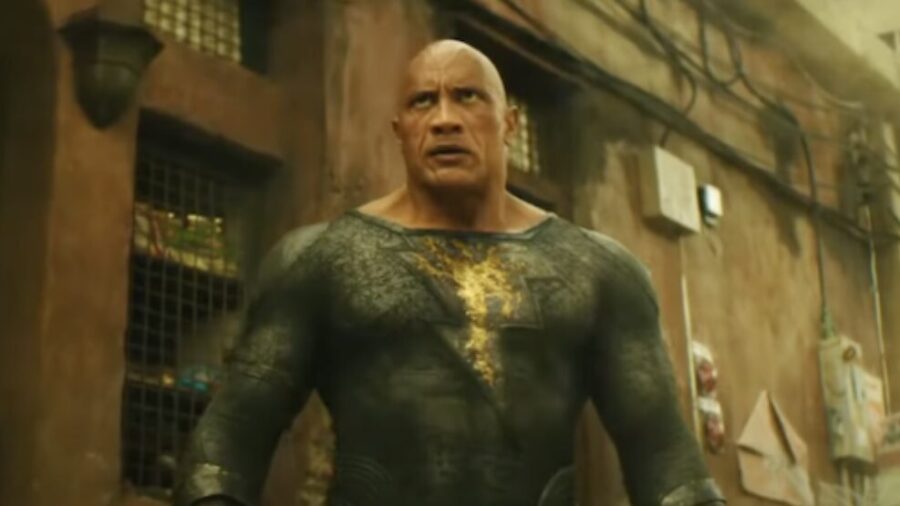
Diab stood at the helm for the first four episodes of the upcoming Disney+ series, Moon Knight, a show that holds countless ties to Egyptian heritage. In it, Steven Grant (Oscar Isaac), plays an affable gift-shop worker who begins to suffer blackouts and memories unrecognizable to him. He comes to find that he’s been living with dissociative identity disorder and is taking up space in his body alongside Marc Spector. Quite the opposite of Steven, Marc is a rough and tumble ex-U.S. marine who now works as a mercenary. Things take a turn for the superhero realm when Spector is given supernatural powers by the Egyptian god Khonshu (F. Murray Abraham).
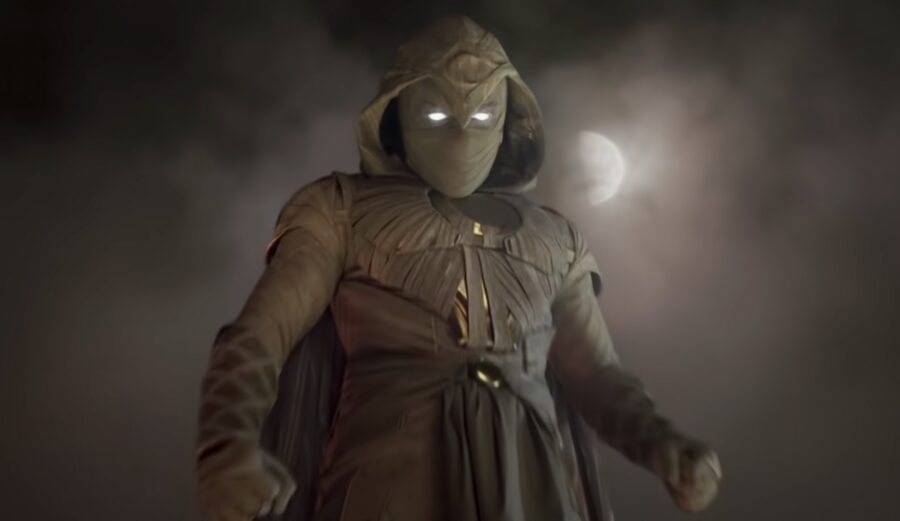
Meanwhile, on the DCEU side of things, Black Adam, also pulls much of its story from Egyptian mythology, except DC chose to go in a different direction. For context, the Dwayne Johnson starring flick will see the former professional wrestler step into the role of Teth-Adam, an ancient Egyptian and top nemesis of Shazam. Back in 2019’s Shazam! movie-goers were given a taste of what was to come when powerful wizard Shazam (Djimon Hounsou) sat down the young Billy Batson (Asher Angel) to fill him in on a powerful being who brought the Seven Deadly Sins upon the Earth and wiped out humanity.
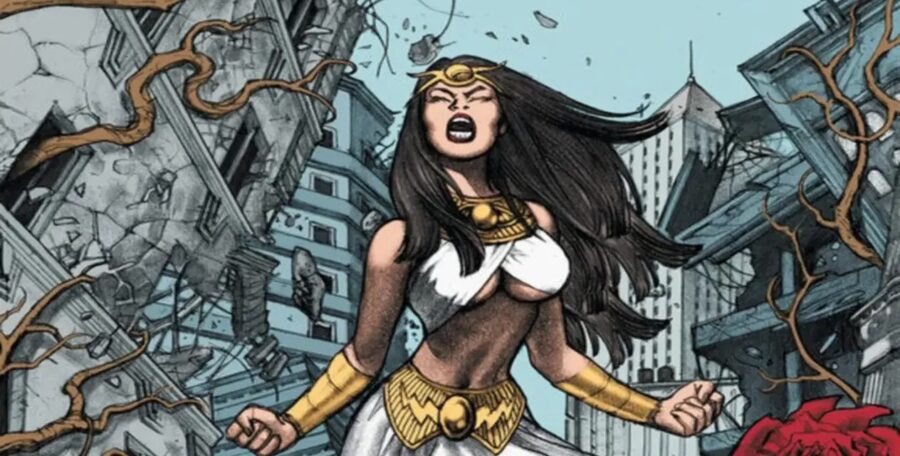
This reference was, of course, a segue to the upcoming Dwayne Johnson led film. Seeing as how the feature’s titular character has ties to Egyptian culture, one would think that production would bring in those closest to its background to help make the experience as real as possible, but that doesn’t appear to be the case according to Diab.
While it’s exciting to see stories like Chadwick Boseman’s Black Panther and Dwayne Johnson’s Black Adam make their way onto the big screen, it’s still important to keep in mind that more representation needs to happen. The leading role being played by a non-white person isn’t enough to keep stories true to their roots, but instead, inclusivity happens when the entire team gets a chance to make sure their backgrounds are heard.


